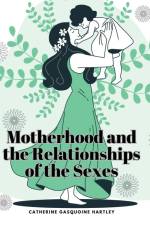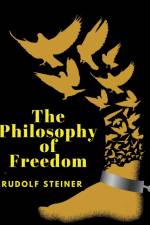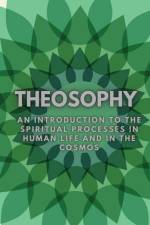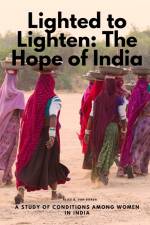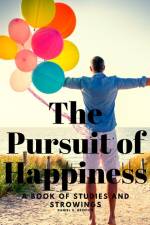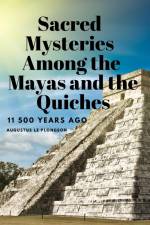von Augustus le Plongeon
17,00 €
The forests of Yucatan and Central America are to-day, for the majority of the people of the United States, even those who call themselves scientific and well informed, as much a terra incognita, as America was to the inhabitants of Europe before its discovery by Cristobal Colon in 1498, when for the first time he came in sight of the northern coast of South America, and navigated along it from the mouth of the river Orinoco to Porto Cabello in the Golfo Triste.A few, having perused the books of J. L. Stephens, Norman, and other tourists who have hurriedly visited the ruins of the ancient cities that lie hidden in the depths of those forests, have a vague idea that there exist the remains of stone houses built some time or other before the discovery, aver authoritatively that "their builders were but little removed from the state of savagism, and that none of their handwork is worth the attention of the students of our age. Their civilization, they confidently say, was at best very crude. They were ignorant of the art of writing; and the scanty records of their history chronicled on deer-skins, in pictorial representations, are well nigh unintelligible. They had no sciences, no mental culture or intellectual development. They were in fact a race whose intelligence was for the most part of lower order. From what they did nothing is to be learned that has any direct bearing on the progress of civilization." In no wise can they be compared with the Egyptians or the Chaldees, much less with the Greeks or Romans; it is not, therefore, worth our while to spend time and money in researches among the ruins of their cities. It is to Greece, it is to Egypt, to Chaldea, that Americans must go in order to make new discoveries. In thosecountries must be established schools for study of Greek, or Egyptian, or Chaldean archæology: and American schools have been established at Athens and Alexandria, and expeditions sent to Syria, to the shores of the Euphrates.







